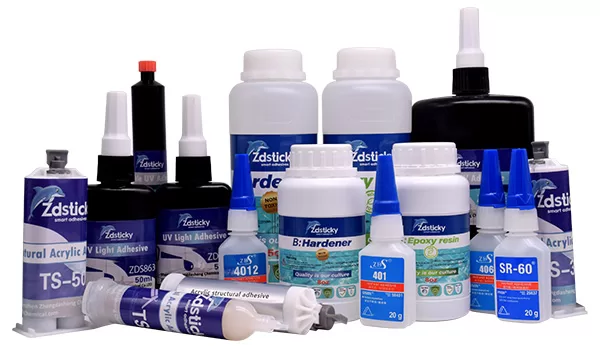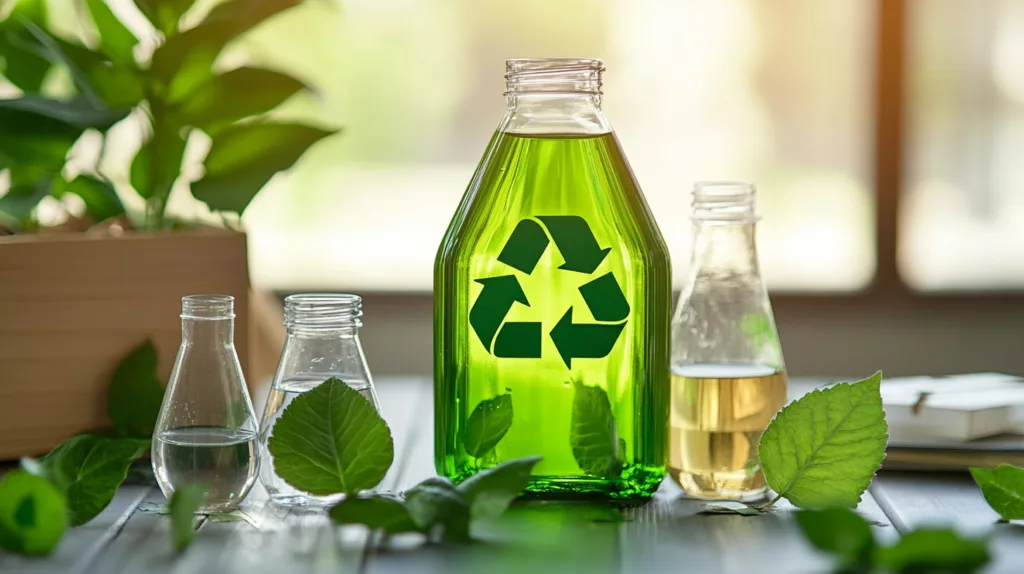Silicone glue is a powerful, versatile adhesive that has revolutionized how we approach bonding tasks, both in industrial settings and at home. Whether you’re fixing a leaky pipe, assembling complex machinery, or crafting a DIY masterpiece, silicone glue offers an unparalleled combination of flexibility, durability, and weather resistance. This guide dives deep into its applications, benefits, and tips for optimal use, ensuring you make the most of this remarkable adhesive.
![]()
What Is Silicone Glue?
Silicone glue is a type of adhesive made from silicone polymers. Known for its flexibility and strong bonding capabilities, this glue works effectively on a wide range of surfaces, including glass, metal, plastic, and wood. Unlike traditional adhesives, silicone glue is also highly resistant to extreme temperatures, water, and UV rays, making it a go-to solution for both indoor and outdoor projects.
The Science Behind Silicone Glue
Silicone glue’s secret lies in its unique chemical structure. Its silicone-based polymers remain elastic even after curing, enabling it to maintain a strong bond under stress. Additionally, the adhesive is moisture-curable, meaning it reacts with the humidity in the air to form a durable, rubber-like material.
Advantages of Using Silicone Glue
- Versatility: Compatible with diverse materials.
- Waterproofing: Perfect for marine and bathroom applications.
- Temperature Resistance: Performs well in extreme heat or cold.
- Flexibility: Ideal for surfaces that expand or contract.
- Longevity: Maintains strength over time, even in harsh conditions.
Industrial Applications of Silicone Glue
Silicone glue plays a critical role in industrial manufacturing, especially for tasks requiring durable and flexible bonding. ZDS™, a leader in adhesive solutions, supplies silicone glue to industries like automotive, construction, and electronics, where high-performance adhesives are non-negotiable.
Why Choose Silicone Glue for DIY Projects?
Silicone glue is a DIY enthusiast’s best friend. Its easy application and quick curing make it perfect for crafting, repairing, and home improvement projects. From sealing kitchen countertops to creating waterproof crafts, the possibilities are endless.
How to Apply Silicone Glue Properly
- Clean the Surface: Ensure surfaces are free from dust and grease.
- Apply Evenly: Use a steady hand to apply a uniform bead of glue.
- Allow to Cure: Most silicone glues require 24 hours for full curing.
Pro Tip: Use painter’s tape to create clean lines while sealing.
Silicone Glue vs. Epoxy Glue
| Feature | Silicone Glue | Epoxy Glue |
|---|---|---|
| Flexibility | Highly flexible | Rigid after curing |
| Temperature Resistance | Excellent | Moderate |
| Waterproofing | Superior | Good |
| Curing Time | Moderate | Often faster |
The Role of Silicone Glue in Automotive Repair
From sealing windshields to attaching trim pieces, silicone glue is a staple in automotive maintenance. Its resistance to oil and weather elements ensures long-lasting repairs, making it an invaluable tool for mechanics.
Using Silicone Glue for Electronics
Silicone glue protects delicate electronic components from moisture and dust. Its non-conductive nature makes it an ideal choice for sealing circuit boards and connectors.
Weatherproofing with Silicone Glue
Outdoor projects often face the wrath of Mother Nature. Silicone glue’s ability to resist UV rays and water ensures your repairs and constructions stand the test of time.
Creative Uses of Silicone Glue
- Crafting Jewelry: Create flexible, waterproof designs.
- Fixing Shoes: Mend soles and seams with ease.
- Sealing Fish Tanks: Safe and effective for aquatic life.
Safety Tips for Handling Silicone Glue
- Work in a well-ventilated area.
- Wear gloves to protect your skin.
- Store away from direct sunlight and heat.
FAQs
What surfaces can silicone glue bond to?
Silicone glue can bond to glass, plastic, metal, wood, ceramics, and more.
Is silicone glue waterproof?
Yes, silicone glue is highly waterproof, making it perfect for outdoor and marine applications.
How long does silicone glue take to cure?
It typically takes 24 hours to cure fully, but this can vary based on humidity and temperature.
Can silicone glue handle extreme temperatures?
Absolutely. Silicone glue can withstand temperatures ranging from -60°C to 200°C.
Is silicone glue safe for food-contact surfaces?
Food-grade silicone glue is available for applications involving food or beverages.
Can I paint over silicone glue?
Painting over silicone glue is tricky, but it can be achieved with specialized primers.
Conclusion
Silicone glue stands out as a versatile, reliable adhesive that caters to a wide range of needs. Whether you’re tackling industrial challenges or embarking on creative DIY projects, its unique properties ensure excellent results every time. ZDS™, a trusted name in adhesive manufacturing, offers premium silicone glue solutions tailored to your requirements. Make the smart choice today—embrace the flexibility and durability of silicone glue for all your bonding needs.










